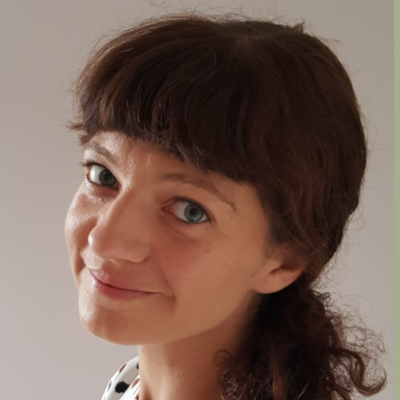Why parents need supervision
One of the first things you learn when you start therapy is that your sessions are confidential. Confidentiality in the therapeutic relationship is so important for so many reasons and there is nothing quite like the safety of knowing that you can share your thoughts and feelings without fear that they will be repeated where you would not want them known.

In my opinion, there is no authentic work being done without the freedom to speak that comes with that explicit confidentiality. Your therapist will probably go on to explain that this confidentiality is with the exception of when, from time to time, they may raise some of the material you are working on in supervision. The material will be shared without identifying factors (such as your full name), and it is worth noting that the supervisor is also bound by a confidentiality agreement.
What is supervision?
And why, given the importance of confidentiality, is it important and where else in life can the 'supervisor' model be useful?
Counsellors and therapists are human beings first. They are, by the very nature of their work, empathetic souls who care very deeply. They will in any one week be dealing with upsetting issues and will sit with pain, and navigate sadness, anger and fear as a matter of course. A counsellor’s training and personal therapy will have prepared them, but carrying all these difficult feelings without the space to process them with some support would eventually lead to burnout.
It is also true that, from time to time in a session, the subject matter may be triggering or mean something in particular to a counsellor. For a counsellor to do good work, they need to be aware of this and what they need to do in order to act in the interest of their client. A supervisor’s input keeps everybody emotionally safe.
I have often marvelled at how, in many ways, the role of a parent can sometimes be compared to that of a counsellor. A child experiencing a difficult time will need a parent who is capable of holding all the difficult feelings, while simultaneously processing their own ‘stuff’ and making decisions to respond in a way that is in the interest of their child.
On a very simple level, an exhausted and depleted new mother will need to find a way to manage all their difficult feelings and comfort a crying baby. As the child gets older, things become more complicated; sadness may be communicated through anger, and a parent will need to notice how being shouted at or ignored makes them feel and act in awareness rather than react. No easy feat at all.
To further complicate matters parents are repeatedly being informed by their own childhoods, triggered regularly. Perhaps their child’s existence reminds them of moments that happened long before their child was imagined. When you factor in that our children will potentially navigate difficulties around struggles at school or with friends, and they may face questions around sexuality and gender and some will have to deal with racism, sexism or ableism, it all becomes pretty overwhelming.
Counsellors have boundaries in place - they are not personally involved with their clients, and they have years of training and they have supervision. Whereas, parents are completely invested. They, particularly those who have had difficult childhoods, have no training as such and they all too often do not have a safe, judgement-free space in which to process the ‘material’ that parenting lands them with.
If you are having difficulty with your relationship with your child or if you are trying to support them through something complicated or painful, it is a very good idea to seek some support. Therapists do their best work with robust, supportive, and sometimes challenging, supervision in place. A parent can only be a better parent with the right help.

Find a therapist dealing with Family issues
All therapists are verified professionals






